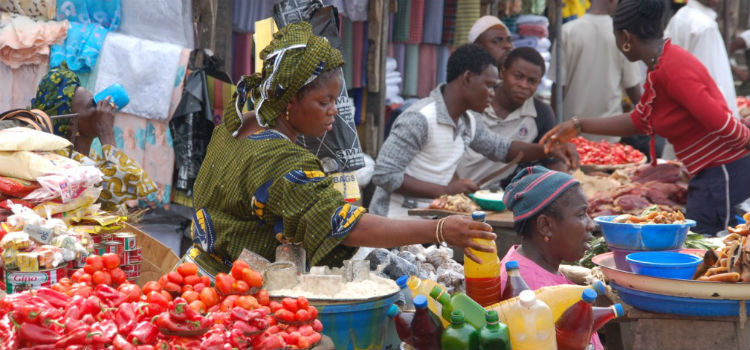
As Nigeria grapples with soaring inflation, widespread poverty, and security challenges, the Federal Government’s budget allocations in 2024 have sparked intense criticism for what’s perceived as misplaced priorities, accentuating a disconnect from the economic realities citizens face.
In a country where more than half of the population lives in deep poverty, concerns have been raised over the government’s allocation of funds, notably highlighting the extravagant expenditures, including renovations of presidential residences, in the face of urgent needs in critical sectors like health and education.
The proposed budget includes a substantial allocation of N21 billion to Femi Gbajabiamila, the President’s Chief of Staff. Detailed breakdowns reveal staggering figures for specific expenditures within this allocation, such as N10 billion for reconstructing and repairing the Chief of Staff’s official residence.
A significant portion of the Ministry of Finance’s allocated budget, standing at N4.41 trillion or 93 per cent, is allotted to the Service-wide Vote, designated as the country’s contingency fund for unforeseen expenditures. This distribution has raised concerns about budgetary inefficiency and the need for a retooled budgeting process.
Further examination of the 2024 Appropriation Bill revealed substantial allocations for international and local travels of top government officials, reaching a staggering N15.961 billion. The President, Vice President, and their aides are budgeted to spend significant amounts on foreign and local trips.
Business Day reports that these allocations have sparked outrage among many Nigerians, illustrating the stark economic inequality in a country where essential workers like doctors and academics often strike due to meagre wages while politicians receive substantial salaries.
For ordinary Nigerians like Nduka Omeje and Sherifat Ademuloye, the disconnect between government priorities and their daily struggles is stark.
Omeje, a trader, condemned the expenditure as a reflection of public officials’ chronic self-centeredness.
“The 2024 expenditure demonstrates the chronic self-centeredness and disconnects from ordinary Nigerians by public officials. The noise about the palliatives is no longer topical,” she said.
Meanwhile, Ademuloye, a widowed mother striving to support her six children, highlighted the harsh realities of daily life, where essential support from government palliatives has failed to materialize, leaving her and many others in dire straits.
“Life is difficult. The little money I make is never enough. I can’t afford to buy them other food,” Ademuloye said.
“Exotic cars for lawmakers are the new priority, not the scanning, screening and verifying who and who among the poorest poor will receive a paltry N25,000 monthly,” she added.
